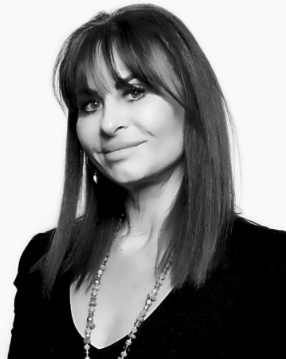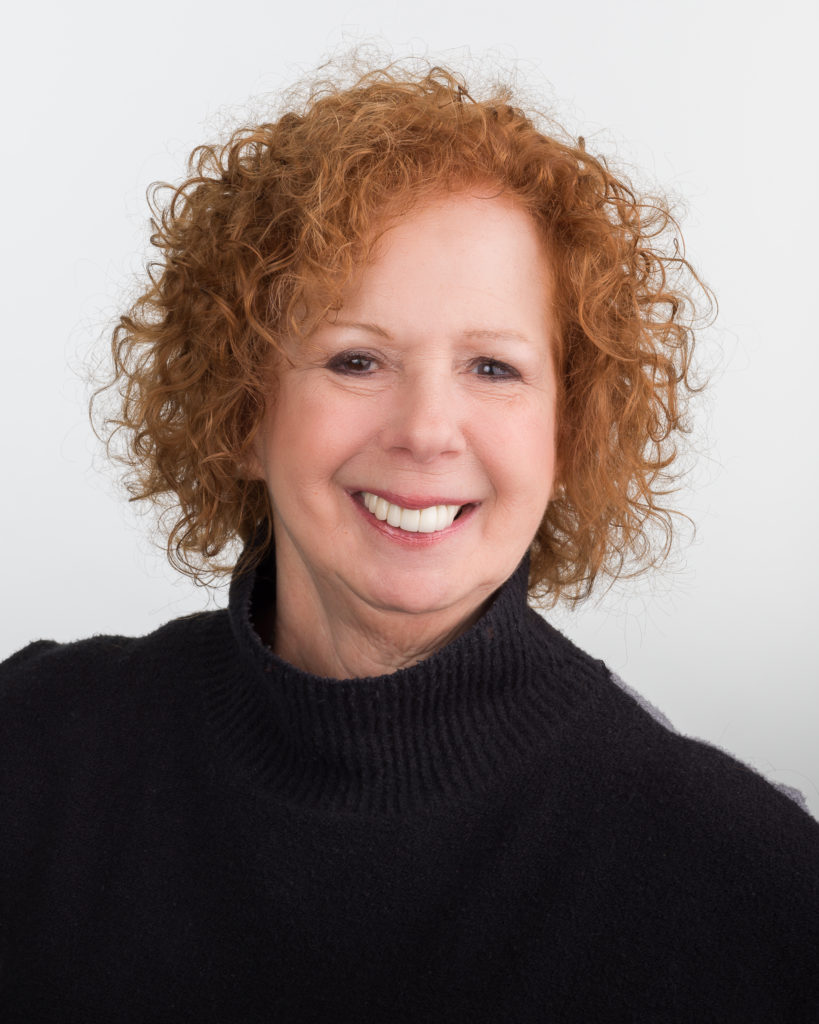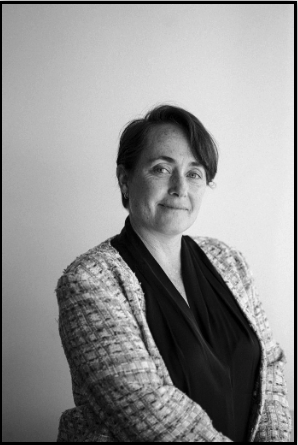This is the
of healing.
At Ohana Recovery Center, we believe every woman deserves a safe, supportive place to heal.
Located in beautiful Agoura Hills, California, our women’s residential mental health program specializes in treating anxiety, depression, trauma, disordered eating, and substance use disorders.
With personalized treatment plans, an all-female clinical team, and a trauma-informed environment, we help women reconnect with their strength and rediscover their best selves.
Choose Your Path to Healing: Flexible Mental Health Programs for Women
Healing isn’t one-size-fits-all.
At Ohana Recovery Center, we offer flexible program options designed to meet your unique needs—whether you’re seeking immediate support or deeper emotional recovery.
2-Week Mental Health Tune-Up
A short-term, intensive program offering immediate stabilization, advanced coping skills, and trauma support.
Perfect for women needing a focused mental health reset without stepping away from life for too long.
30-Day Residential Reset
A comprehensive residential experience designed to address deeper emotional healing, trauma, substance use challenges, and co-occurring conditions—building a strong foundation for lasting recovery.
Not sure which program is right for you? We’re here to help you choose the path that fits your journey.


















